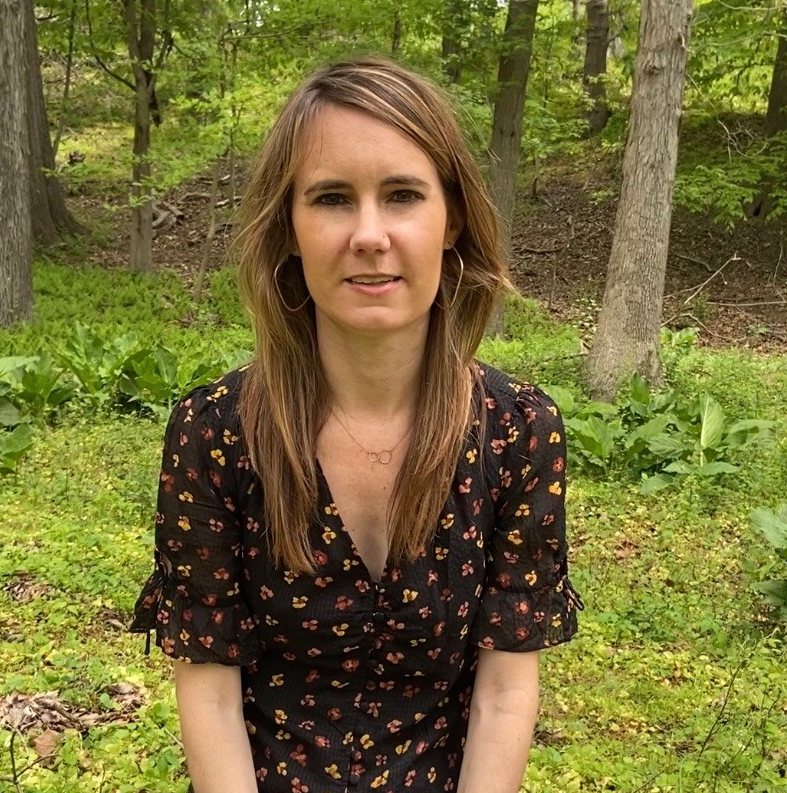PPEH Announces '22-'23 Topic Director: Kristina Lyons
February 7, 2022
The Penn Program in Environmental Humanities is delighted to announce our next topic director, Kristina Lyons, who will curate a slate of public events in academic year 2022-2023 around the topic Listening for the Anthropos-not-seen.
PPEH Annual Topic '22-'23: Listening for the Anthropos-not-seen

Feminist critiques of the Anthropocene suggest how this name for a new geological time risks uncritical assumption of an unmarked concept of history, humanity, and the geologic record. Native scholars in particular point out that the environmental impacts of settler colonialism have long created a present that their ancestors would have characterized as a dystopian future (Whyte 2018). Historically, countries in the Global South have the smallest carbon footprint, yet today they are on the frontlines of planetary overheating, facing extreme weather, and the increasingly frequent socio-natural disasters endemic to global warming. Black, Indigenous, and diverse communities of the Global South possess practical knowledge and lived expertise of climate change that should be shaping policy, energy transitions, and alternative economic proposals.
During the 2022-2023 academic year, this four-part conversational series brings feminist philosophers, humanists, and social scientists in dialogue with lawyers, natural scientists, engineers, policy makers, and other transdisciplinary and community-based practitioners.
Curated discussions build on what Marisol de la Cadena (2015) calls the “anthropos-not-seen”: those ways of making and doing life disappeared or marginalized by colonialism and capitalism and further perpetuated by a singular optics of Anthropocene thinking (Myers 2019). The series introduces conceptual and methodological frameworks that actively expand legal paradigms, foster transdisciplinary collaborations, nurture anti-colonial sciences, and develop participatory-action research praxes. It is designed to listen for the silences and exclusions too often perpetuated even within progressive agendas for climate justice, rights of nature rulings, and citizen science projects.
Centering ontological diversity and intersectional justice struggles, the series explores proposals and practices that pose renewed questions about the politics of solidarity and alliance-building.

Kristina Lyons joined the Penn Program in the Environmental Humanities as Assistant Professor of Anthropology. She situates her research at the interfaces of the environmental humanities, feminist and decolonial science studies, socio-ecological justice and experimental ethnography. She has been awarded the Cultural Horizons Prize by the SCA and the Junior Scholar Award and Rappaport Prize by the A&E section of the American Anthropological Association. Kristina has published articles in Cultural Anthropology, Social Studies of Science, City & Society, Catalyst: Feminism, Theory, Technoscience, and the Journal of Latin American and Caribbean Anthropology, among other venues. Her book, Vital Decomposition: Soil Practitioners and Life Politics, was published by Duke University Press in 2020.
